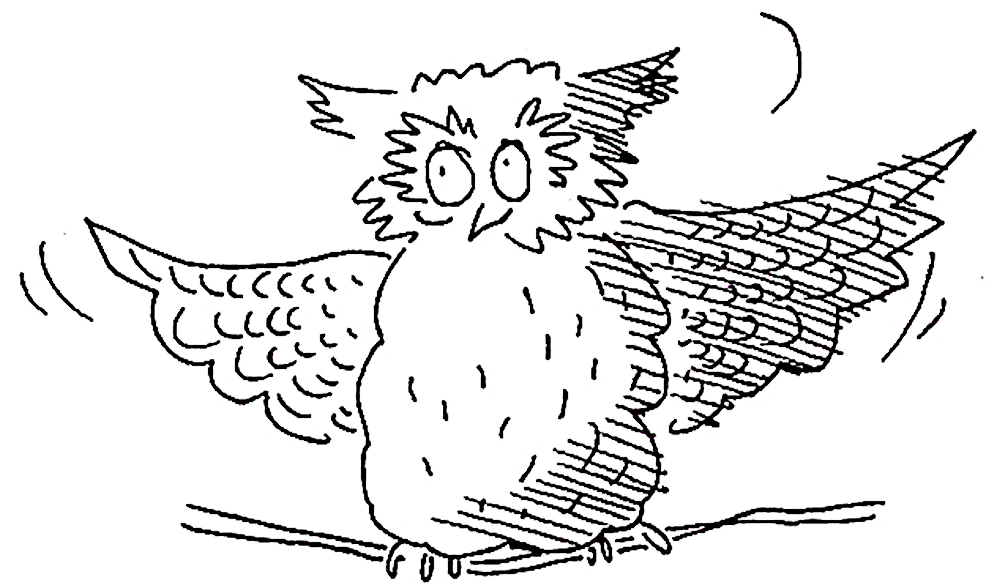From conflict to co-operation
– a Primer
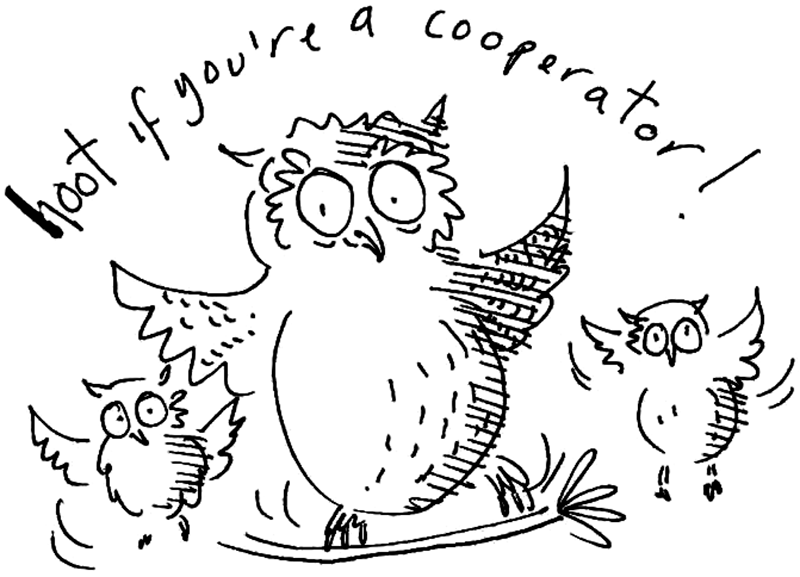
The From Conflict to Co-operation series aims to help co-operatives not only to deal with conflict when it arises but also to avoid unnecessary conflict.
From Conflict to Co‑operation was written by Kate Whittle, Cooperantics, and illustrated by Angela Martin.
Conflict – where it comes from and how to deal with it.
Outlines the different ways conflict can arise in a co-operative, reviews some different approaches, and lists five tools for managing tensions before they erupt into conflict.
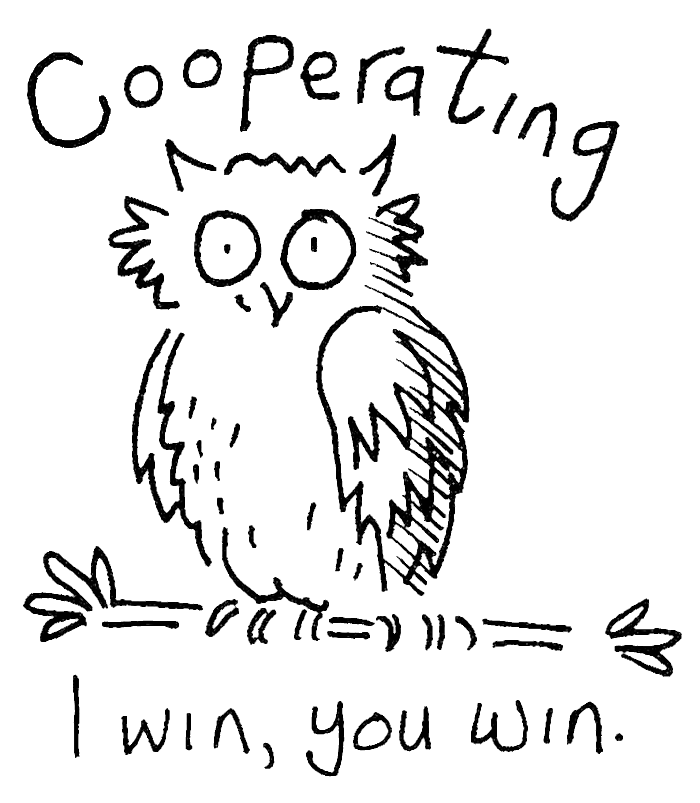
Communication Skills
Outlines some basic communication concepts and looks at steps we can take to improve communication, including avoiding misunderstandings arising from cultural or gender differences. We discuss the need for assertive behaviour for good communication and highlight how the enterprise will benefit from maximum participation by members.
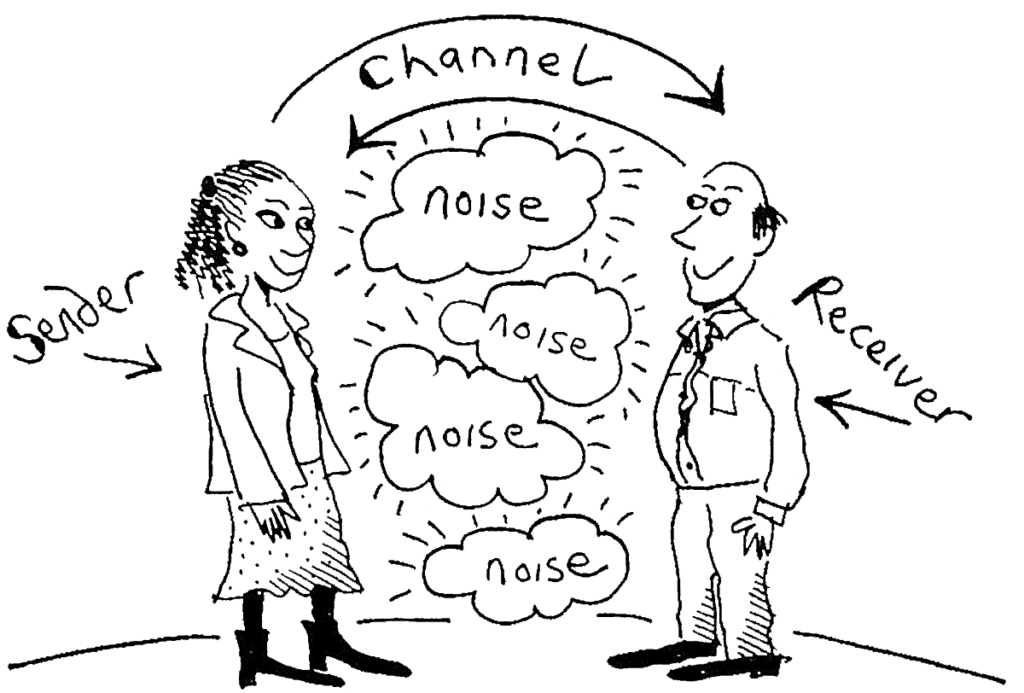
Meetings and Decision Making
Identifies sources and sites of conflict in meetings and reviews tools and techniques for resolving or preventing such conflict including communication and facilitation skills, effective decision making techniques – we focus on Consent decision-making. We highlight the need for careful planning, attention to good participation techniques and action minutes.

Organisational Growth and Development
Explores the tensions that can arise as a co-operative develops and identifies tools, techniques and approaches which will help as the co-operative experiences growth and change. We look at managing change, policies and procedures to address issues such as recruitment, induction and appraisals or personal reviews. We also discuss a participative approach to strategic planning and summarise four strategic planning tools.
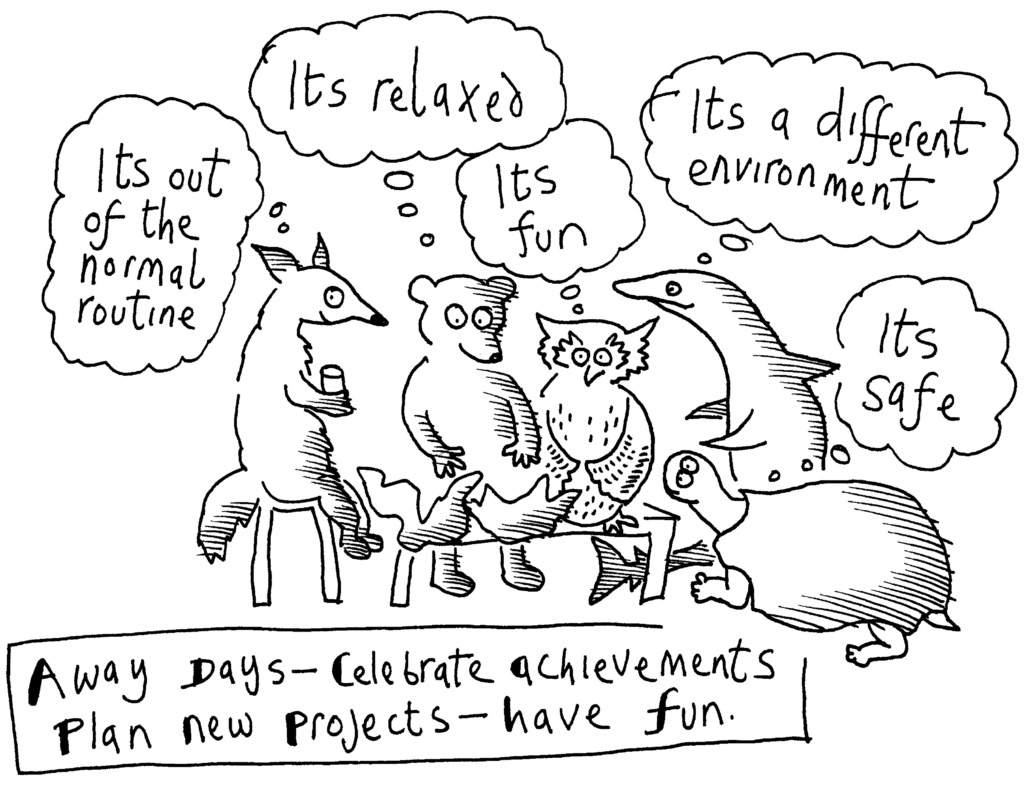
Roles and Responsibilities of the Board
Describes ways in which unchecked assumptions about the role and responsibilities of the board can result in organisational conflict. We suggest how to prevent or minimise such conflicts through clarifying the role of the board, identifying key responsibilities and understanding how the board functions. We recommend delegation of tasks, and an annual cycle of meetings. Lastly we talk about induction of new board members and how to improve board performance, including an emphasis on good teamworking skills.
